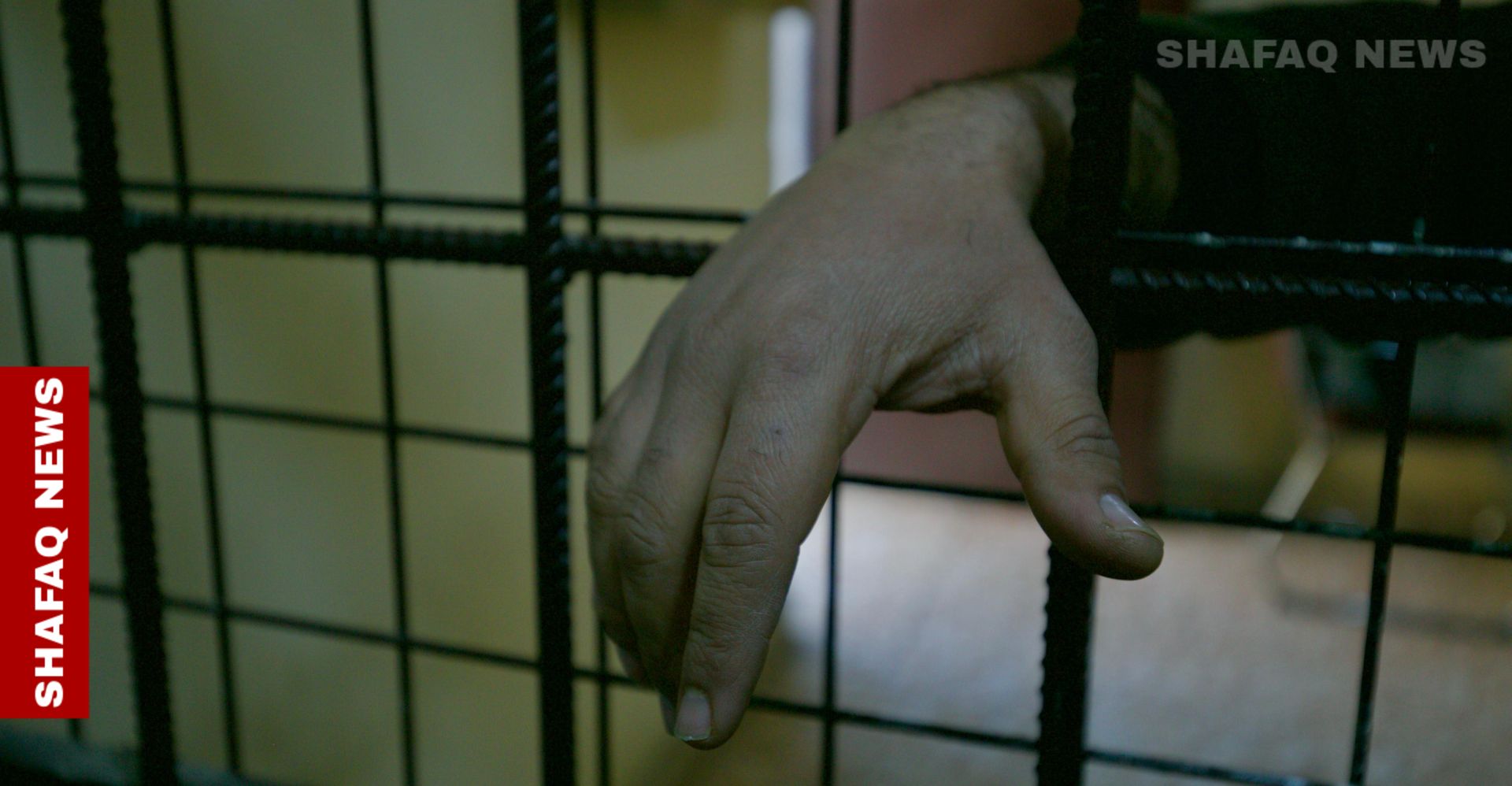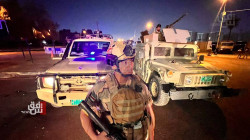Broken systems, broken futures: Crime in Iraq beyond the numbers

Shafaq News/ On a humid evening in southern Iraq, a woman sits outside her modest home, quietly praying for her son. He was arrested two days ago for stealing a car. The year before, it was a shop break-in. Before that, a knife fight. Each time, he came home more distant.
His father died in a bombing when he was ten. The family now relies on food assistance and the mother’s limited income as a cleaner. The war is rarely mentioned, but its effects remain. “He was once a good boy,” she says.
Across Iraq, many criminal acts reflect not only individual decisions but also broader structural and social factors. This raises an important question: Is criminal behavior always a matter of personal morality, or can it also result from systemic breakdowns?
What Drives Crime?
Iraq’s crime challenges cannot be fully understood without examining the social and institutional context. While criminal acts are legally defined and individually committed, their causes often reflect deeper systemic issues—economic hardship, psychological trauma, institutional erosion, and cultural taboos.
Iraq's youth unemployment rate currently exceeds 32%, and millions live below or just above the poverty line. Educational institutions are under-resourced, mental health services are scarce, and unresolved trauma persists in many households.
“We act out what we never resolved,” Dr. Batool Issa, a clinical psychologist in Baghdad, told Shafaq News. She explained that trauma can be intergenerational—passed from parents to children. “We see children growing into the very violence they were raised in because they have no tools to process it.”
In this context, certain criminal behaviors—particularly non-violent offenses—can reflect attempts to cope with adversity. According to Iraq’s Ministry of Justice, more than 60% of incarcerated individuals under 25 are imprisoned for non-violent or survival-related crimes, such as theft or drug use. Many originate from families affected by war, displacement, or long-term poverty.
One underexamined contributor to behavioral and developmental outcomes is consanguinity, particularly marriage between close relatives. This practice remains widespread across Iraq and is often considered a cultural norm that reinforces familial bonds. However, medical studies suggest that such unions can increase the risk of hereditary disorders, including those that affect cognitive or emotional development.
“We see serious developmental and behavioral disorders in children,” Dr. Issa noted. “But when we mention family genetics, the conversation shuts down.”
The topic remains socially sensitive. Yet other conservative societies have successfully launched public health campaigns on consanguinity by approaching it through culturally respectful dialogue. Experts say that addressing the issue in a conservative society like Iraq may require collaboration with religious leaders, tribal authorities, and media figures to navigate societal concerns and reduce stigma,”
Broken Systems, Mixed Fixes
The erosion of Iraq’s state institutions has been a gradual process. After the 2003 US-led invasion, the disbandment of the army, police, and civil services led to a vacuum of authority, filled by armed groups, local powerbrokers, and criminal networks.
Subsequent developments—including sectarian conflict, the rise and fall of ISIS, economic instability, and mass displacement—have further weakened centralized authority. In areas like Sinjar, Diyala, or parts of Dhi Qar, governance often operates through tribal leaders, armed figures, or informal councils. For many, state institutions are distant or functionally absent.
In response to rising crime rates, the Iraqi government has implemented various initiatives. In January 2025, the Interior Ministry announced a reduction in key crime metrics: violent offenses by 20%, theft by 12%, and drug trafficking by 18%. Officials attributed these changes to the expansion of the “Kafeh” crime-reporting app, increased surveillance, and intelligence-based policing.
While these tools appear to aid law enforcement efforts, their effectiveness may be limited by access disparities. Many at-risk communities, such as internally displaced persons (IDPs) or residents of informal settlements, lack consistent internet access, awareness of digital tools, or proximity to legal support services.
“Safety doesn’t come from arrests,” says Hadeel Mahdi, a youth worker in Najaf. “It comes from building trust through jobs, schools, mental healthcare, and justice that’s reachable.”
Fixing the Roots
Current crime policy in Iraq primarily emphasizes enforcement. However, there is a growing discussion among researchers and civil society groups about shifting the focus toward prevention.
Mental health care remains extremely limited. With fewer than 150 licensed psychologists serving a population exceeding 43 million, Iraq faces a significant gap in psychological support. Mainstreaming trauma-informed care—within schools, clinics, and law enforcement—may help reduce some of the social drivers of crime.
Improving access to justice, particularly in remote areas and IDP camps, is also critical. Mobile courts and legal literacy programs have been proposed as potential solutions to bridge the gap between the state and under-served populations.
Equally, addressing socially sensitive issues such as consanguinity and domestic violence may require public education efforts designed in collaboration with trusted local institutions. Framing such initiatives within the context of health and community well-being may yield better engagement than top-down mandates.




